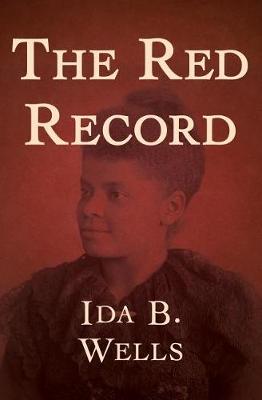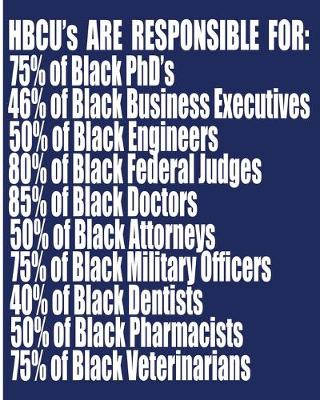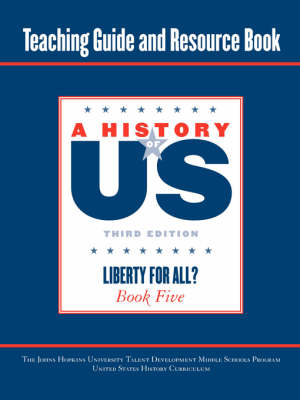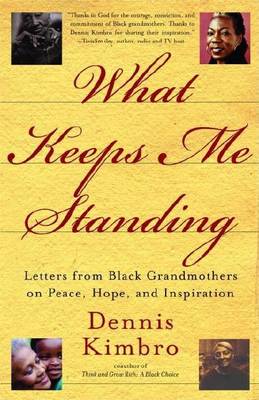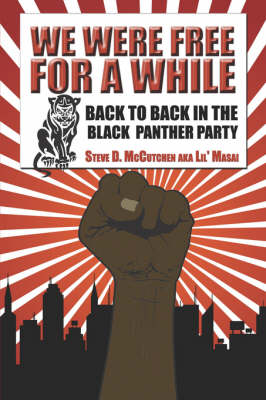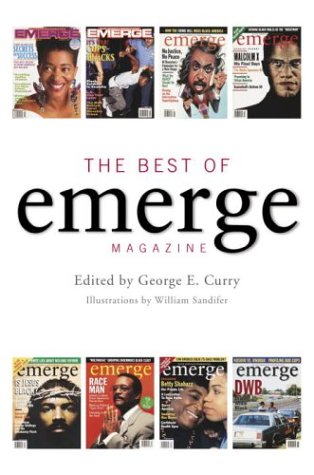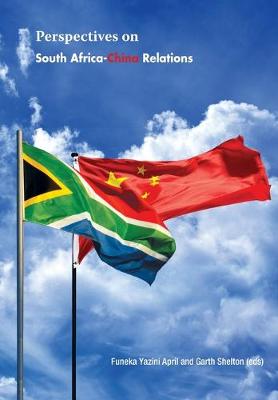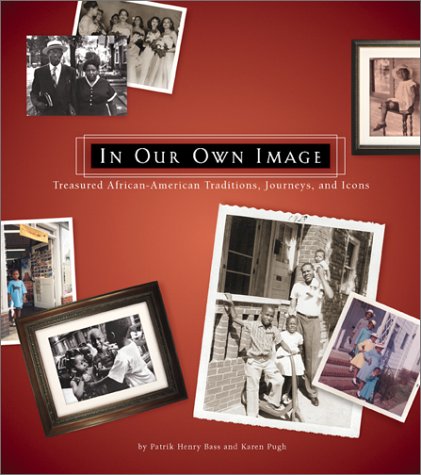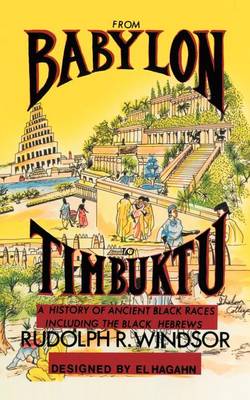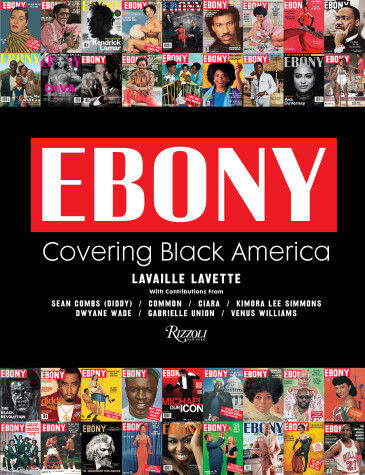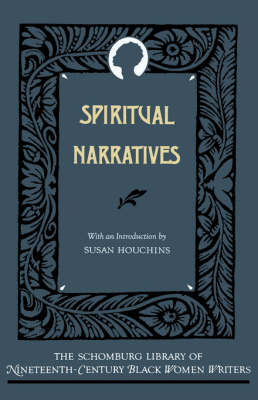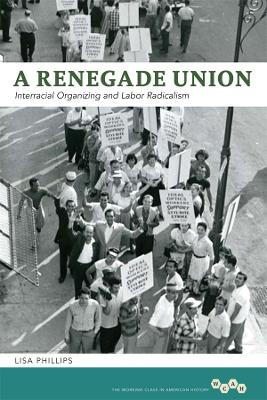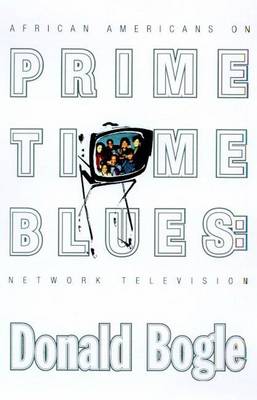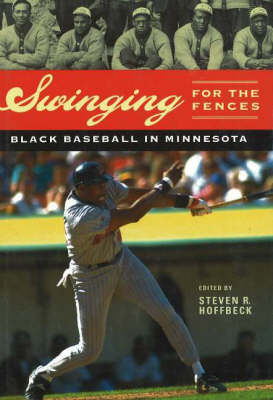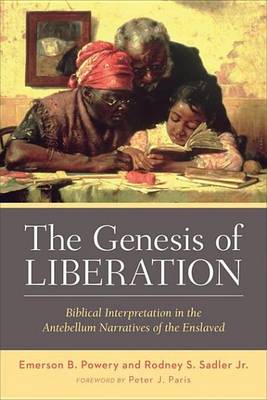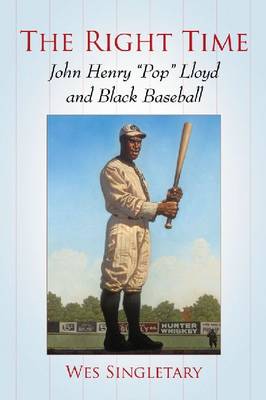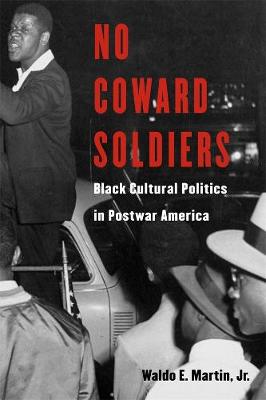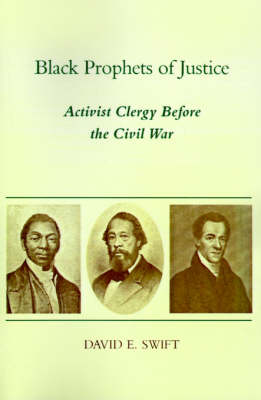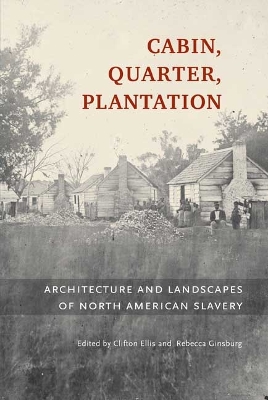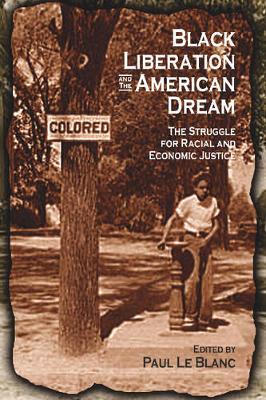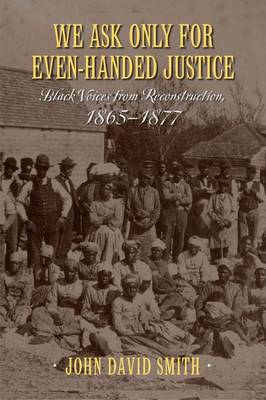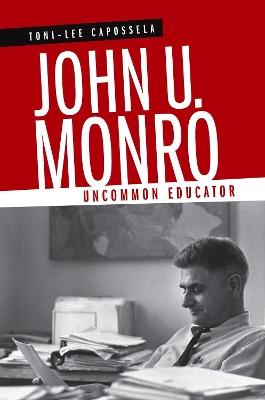Hard Road to Freedom tells the story of African America from its African roots to the political and social upheavals at the end of the twentieth century. It interweaves the experiences of individual black Americans with an analysis of the nation's pursuit of its fundamental principles, of freedom, and civil rights. The book begins with African cultures and the African people who withstood the horrors of the slave trade and slavery to help shape a new multiracial society in North America. The Ame...
The Talent Development Middle Grades United States history curriculum brings together the award-winning, ten-volume series A History of US by Joy Hakim and ten teaching guides and resource books developed by TDMG at Johns Hopkins University. The curriculum includes the use of primary sources, simulations, writing assignments, extension activities, and assessments. This curriculum is aligned with National Standards for United States History. Each Teaching Guide and Resource Book includes twenty-...
What Keeps Me Standing: Letters from Black Grandmothers on Peace, Hope and Inspiration
by Dennis Kimbro
In 1945, Ebony's legendary founder John H. Johnson set out to create a magazine for Black America much like that of the trailblazing Life Magazine, and that he did. For the African American community, Ebony has been a breath of fresh air, speaking on issues and events from the Black perspective, celebrating Black standards of beauty and elevating heroes of Black America--athletes, entertainers, activists, elected officials, or some combination thereof. Ebony: Covering Black America, by Lavaille...
Spiritual Narratives (The Schomburg Library of Nineteenth-Century Black Women Writers)
by Maria W. Stewart, Jarena Lee, Julia A J Foote, and Virginia W Broughton
These narratives by four famous black woman preachers and evangelists, published between 1835 and 1907, all share a theme that continues to dominate Afro-American literature even today: the power of Christianity to give strength and comfort in the struggle for liberation from caste and gender restrictions.
A Renegade Union (Working Class in American History)
by Lisa Ann Wunderlich Phillips
Dedicated to organizing workers from diverse racial, ethnic, and religious backgrounds, many of whom were considered "unorganizable" by other unions, the progressive New York City-based labor union District 65 counted among its 30,000 members retail clerks, office workers, warehouse workers, and wholesale workers. In this book, Lisa Phillips presents a distinctive study of District 65 and its efforts to secure economic equality for minority workers in sales and processing jobs in small, low-end...
The Genesis of Liberation
by Emerson B Powery and Rodney S. Sadler Jr.
Considering that the Bible was used to justify and perpetuate African American enslavement, why would it be given such authority? In this fascinating volume, Powery and Sadler explore how the Bible became a source of liberation for enslaved African Americans by analyzing its function in pre-Civil War freedom narratives. They explain the various ways in which enslaved African Americans interpreted the Bible and used it as...
Though not a well-known name today, Pop Lloyd was a trailblazer in the world of baseball. The great Honus Wagner said, ""It is a privilege to have been compared with him."" This work looks at the life and career of John Henry ""Pop"" Lloyd, who played in the early Negro Leagues and went on to be inducted into the Baseball Hall of Fame. In an era when players could easily become a kind of commodity for their teams, Pop Lloyd worked hard to retain his autonomy, refusing to agree to a binding serve...
No Coward Soldiers (The Nathan I. Huggins Lectures) (The Nathan I Huggins Lectures (HUP))
by Waldo E Martin Jr
In a vibrant and passionate exploration of the twentieth-century civil rights and black power eras in American history, Waldo Martin uses cultural politics as a lens through which to understand the African-American freedom struggle.In black culture, argues Martin, we see the debate over the profound tension at the core of black identity: the duality of being at once both American and African. And in the transformative postwar period, the intersection between culture and politics became increasin...
Black Prophets of Justice
In Black Prophets of Justice, David E. Swift examines the interlocking careers and influence of six black clergymen, two of them fugitive slaves, who lived in the antebellum North and protested the racism of the time. Samuel Cornish, Theodore Wright, Charles Ray, Henry Highland Garnet, Amos Beman, and James Pennington had much in common: all were noted for their education and eloquence, all were ministers of the earliest black Presbyterian and Congregational churches, and all were activists towa...
Archaeological and historical scholarship completed over the past decade has revealed much about the built environments of slavery and the daily lives of enslaved workers in North America. Cabin, Quarter, Plantation is the first book to take this new research into account and comprehensively examine the architecture and landscapes of enslavement on plantations and farms. This important work brings together the best writing in the field, including classic pieces on slave landscapes by W. E. B....
Black Liberation and the American Dream
This interesting collection of essays and readings concentrates on the connections between racial justice and economic justice, but also explores the dynamic intersections of race, class, and gender. The underlying theme is that comprehending and acting upon such connections and intersections provide the key to overcoming racism. The volume begins with a lengthy introductory essay by editor Paul Le Blanc, which presents a coherent summary of African American history, with special focus on the c...
The sesquicentennial of the Civil War and Reconstruction invites reflection on the broad meaning of American democracy, including the ideals of freedom, equality, racial justice, and self-determination. In We Ask Only for Even-Handed Justice, John David Smith brings together a wealth of primary texts - editorials, letters, newspaper articles, and personal testimonies - to illuminate the experience of emancipation for the millions of African Americans enmeshed in the transition from chattel slave...
John U. Monro (Southern Biography)
In 1967, John U. Monro, dean of the college at Harvard, left his twenty-year administrative career at that prestigious university for a teaching position at Miles College - an unaccredited historically black college on the outskirts of Birmingham, Alabama. This unconventional move was a natural continuation of Monro's life-long commitment to equal opportunity in education. A champion of the underprivileged, Monro embodied both the virtues of the Greatest Generation and the idealism of the civil...
